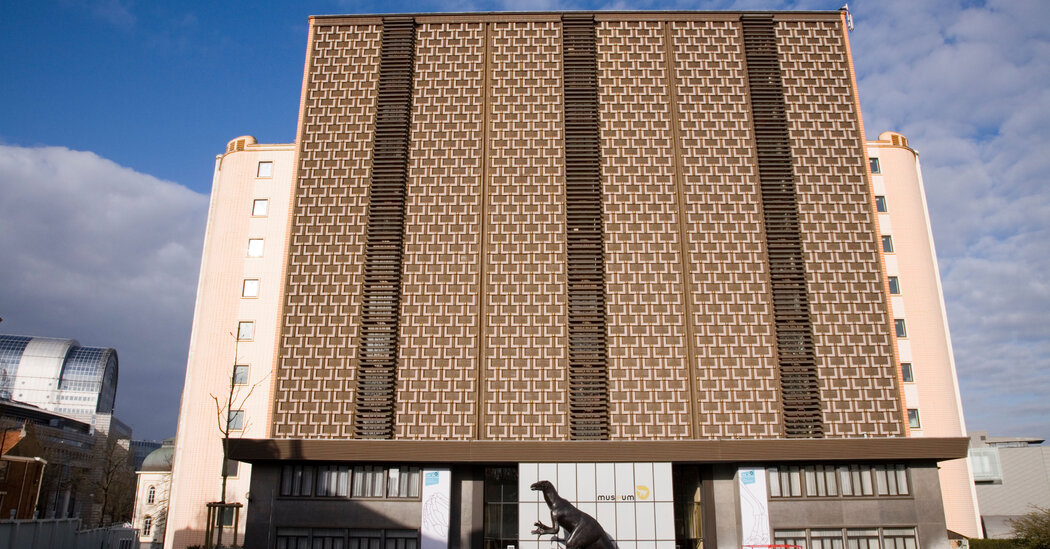- cross-posted to:
- [email protected]
- cross-posted to:
- [email protected]
For decades, Belgium failed to return the remains of hundreds of people taken by force from former colonies. A draft law could change that, but critics say it is not going far enough.
Once a powerful local Congolese leader, Lusinga Iwa Ng’ombe fought back against Belgian colonial invaders in the late 19th century.
He was such a thorn in their side that Émile Storms, who commanded Belgian troops in the region, predicted his head would “eventually end up in Brussels with a little label — it would not be out of place in a museum.”
That is exactly what happened. Troops of Mr. Storms killed and decapitated Mr. Lusinga in 1884, and his skull ended up in a box in the Brussels-based Institute for Natural Sciences, along with over 500 human remains taken from former Belgian colonies.
His descendants are struggling to have his remains returned, their efforts unfolding against the backdrop of a larger debate about Europe’s responsibility for the colonial atrocities, reparations and restitution of plundered heritage.
Several European countries, including Belgium, have set up guidelines to return artifacts, but the process has been painfully slow.



The Rubber Plantations were run as corporate states, and 10 - 15 million people were killed. One of the biggest mass murders in the history of Colonial Capitalism.
Roughly equal to the numbers caused by the British East India company when they caused various famines in Bengal and India by exporting all their grain.